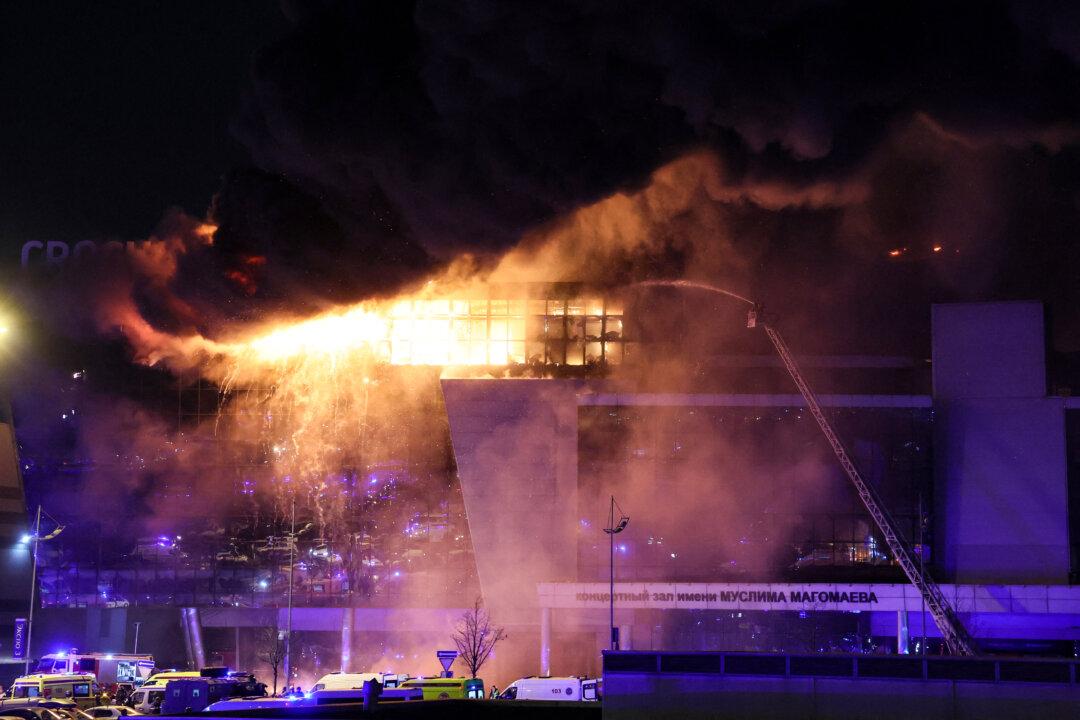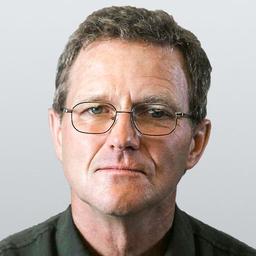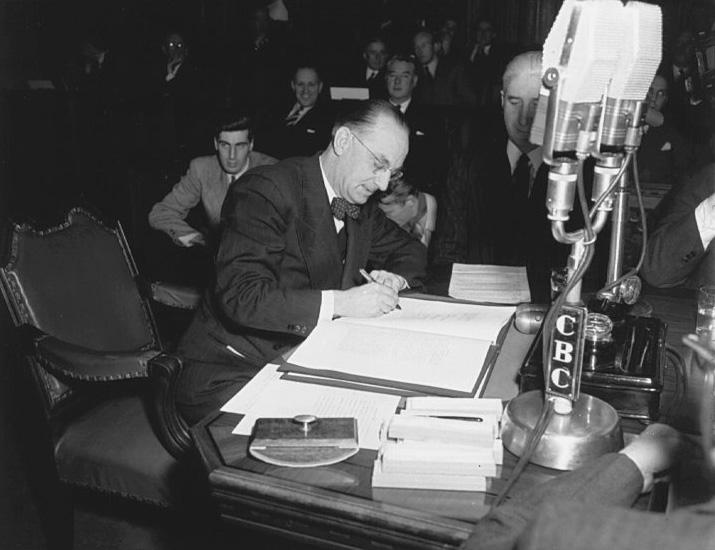Commentary
The shocking terrorist attack that took place on March 22 near Moscow is still reverberating around the globe. Exactly who was responsible for the attack and why it happened is not completely clear. One of the many Islamist terrorist factions, Islamic State Khorasan Province (ISIS-K), has taken “credit” for the bloody massacre, but the details are murky. To add to the murk, the videos that have emerged show large, powerful shooters that some say stand in stark contrast to the videos showing smaller and less robust Tajik suspects confessing to being the shooters. So conspiracy theories are flying.





